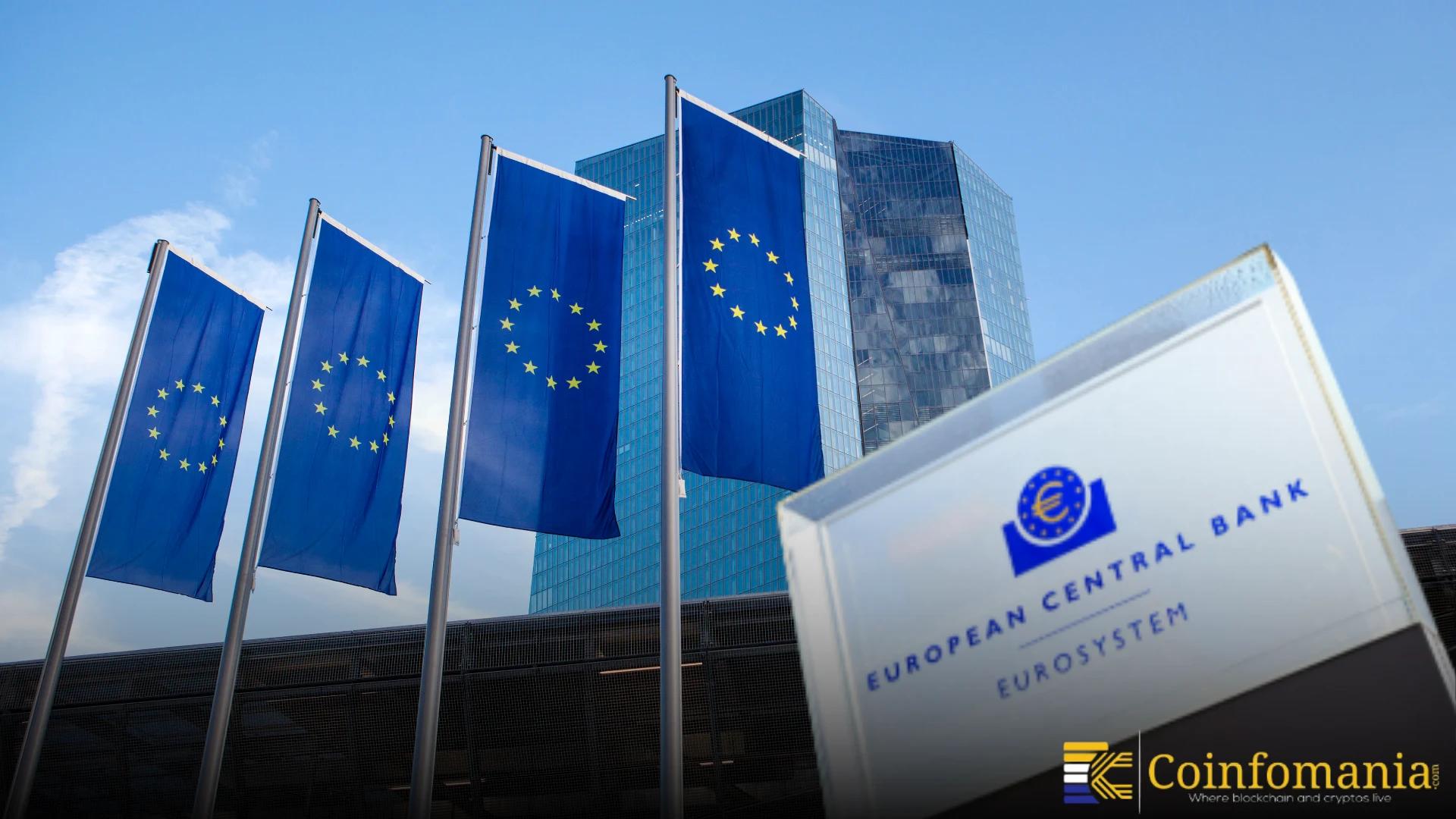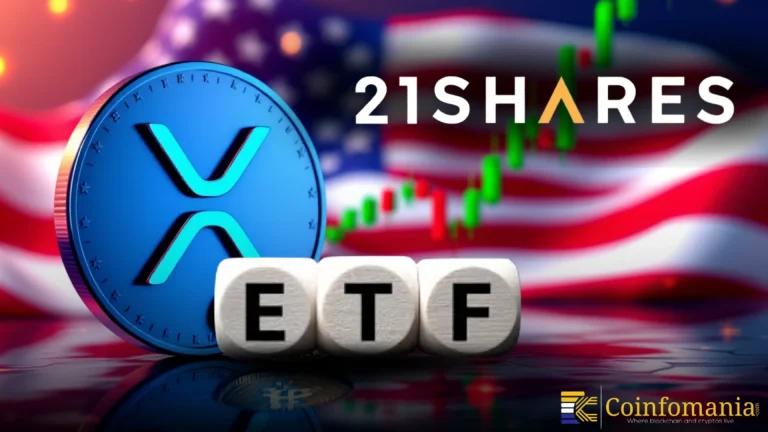ECB’s Firm Stance on Bitcoin Reserves Sparks Fresh Crypto Debate
Let’s uncover why the ECB rejected the primary keyword Bitcoin reserves and what this means for Europe’s digital finance future.

Quick Take
Summary is AI generated, newsroom reviewed.
The ECB confirmed it will not include Bitcoin reserves in its official holdings.
The decision aligned with ECB policy that values stability and predictable valuation.
Crypto regulation remains a major factor in Europe’s digital finance roadmap.
Investors believe the stance may slow innovation but also push stronger frameworks.
The European Central Bank made a clear announcement on Bitcoin reserves, and the decision created loud discussions across global crypto circles. The bank said it will not include Bitcoin in its reserves, and this move surprised traders who expected a softer tone after the recent crypto adoption surge. The reaction from the market showed strong curiosity about the future of digital assets in Europe. Investors wanted to understand why the ECB took such a strict position on Bitcoin reserves at a time when institutions worldwide explore crypto as a hedge or alternative asset.
The statement arrived during a moment when Bitcoin traded near key price levels, and institutional demand increased across the US and Asia. Traders looked at Europe for signals that could boost long-term confidence. Instead, the ECB used its platform to highlight doubts about Bitcoin reserves and stressed its trust in traditional assets. These comments were representative of many discussions regarding the actions taken by the ECB in relation to the rapidly expanding digital asset sector and its policies on this area and the way that it is dealt with. As a result, many have started asking what would be the future of the regulation of cryptocurrency in Europe, especially when all of the EU member states start pushing for a greater amount of regulation to be in place regarding digital finance.
The ECB also highlighted the distinction between traditional organised financial systems and decentralised forms of digital assets. The majority of the European investors expected a much more flexible approach than what is presently being provided, yet the Bank has maintained its stringent position. In fact, this position has reignited discussions around the way cryptocurrency fits within the long-term monetary understanding of Europe and has also caused many analysts to revisit their assumptions about how Central Banks will view digital assets going forward.
ECB Explains Why Bitcoin Does Not Fit Its Reserve Strategy
The ECB said Bitcoin reserves do not align with its long-standing framework. The bank trusts assets that show stability, clear valuation methods, and strong historical proof of safety. Bitcoin does not match these ideas under current ECB policy, and officials picked this point to justify their position. They said crypto regulation must become stronger before Bitcoin earns any role in official financial systems.
Analysts noted that the ECB avoided emotional arguments and focused on its structured rules. The bank looks at risks through stability, liquidity, and reliability. Bitcoin reserves do not meet these checks in the eyes of the institution, and this shaped the final decision. The discussion also revealed how the ECB views crypto compared with national currencies and government bonds.
Will Europe’s Crypto Regulation Shape the Future of Bitcoin?
The ECB decision brings attention to Europe’s upcoming crypto rules. The region plans new steps to supervise stablecoins, exchanges, and digital asset services. These rules will shape how investors use crypto in daily transactions. They will also affect how institutions handle Bitcoin reserves in the future.
Experts said strong rules may convince banks to trust digital assets over time. Crypto regulation plays a key role in reducing risks and solving transparency issues. If Europe builds a solid framework, then the gap between traditional banking and digital assets may shrink. Investors hope this will improve policy support and allow fair growth for the crypto ecosystem.
Final Takeaway on the ECB’s Bitcoin Stance
The ECB’s firm decision on Bitcoin reserves reopened a wide discussion about crypto adoption in Europe. It also highlighted how ECB policy shapes investor confidence. The region will watch upcoming crypto regulation steps to see if they change the long-term outlook.The European Central Bank made a clear announcement on Bitcoin reserves, and the decision created loud discussions across global crypto circles. The bank said it will not include Bitcoin in its reserves, and this move surprised traders who expected a softer tone after the recent crypto adoption surge. The reaction from the market showed strong curiosity about the future of digital assets in Europe. Investors wanted to understand why the ECB took such a strict position on Bitcoin reserves at a time when institutions worldwide explore crypto as a hedge or alternative asset.
The statement arrived during a moment when Bitcoin traded near key price levels, and institutional demand increased across the US and Asia. Traders looked at Europe for signals that could boost long-term confidence. Instead, the ECB used its platform to highlight doubts about Bitcoin reserves and stressed its trust in traditional assets. These comments were representative of many discussions regarding the actions taken by the ECB in relation to the rapidly expanding digital asset sector and its policies on this area and the way that it is dealt with. As a result, many have started asking what would be the future of the regulation of cryptocurrency in Europe, especially when all of the EU member states start pushing for a greater amount of regulation to be in place regarding digital finance.
The ECB also highlighted the distinction between traditional organised financial systems and decentralised forms of digital assets. The majority of the European investors expected a much more flexible approach than what is presently being provided, yet the Bank has maintained its stringent position. In fact, this position has reignited discussions around the way cryptocurrency fits within the long-term monetary understanding of Europe and has also caused many analysts to revisit their assumptions about how Central Banks will view digital assets going forward.
LATEST: 🇪🇺 ECB says Bitcoin will not be part of its reserves! pic.twitter.com/xol0ix8HsY
— Coinvo (@Coinvo) November 28, 2025
ECB Explains Why Bitcoin Does Not Fit Its Reserve Strategy
The ECB said Bitcoin reserves do not align with its long-standing framework. The bank trusts assets that show stability, clear valuation methods, and strong historical proof of safety. Bitcoin does not match these ideas under current ECB policy, and officials picked this point to justify their position. They said crypto regulation must become stronger before Bitcoin earns any role in official financial systems.
Analysts noted that the ECB avoided emotional arguments and focused on its structured rules. The bank looks at risks through stability, liquidity, and reliability. Bitcoin reserves do not meet these checks in the eyes of the institution, and this shaped the final decision. The discussion also revealed how the ECB views crypto compared with national currencies and government bonds.
Will Europe’s Crypto Regulation Shape the Future of Bitcoin?
The ECB decision brings attention to Europe’s upcoming crypto rules. The region plans new steps to supervise stablecoins, exchanges, and digital asset services. These rules will shape how investors use crypto in daily transactions. They will also affect how institutions handle Bitcoin reserves in the future.
Experts said strong rules may convince banks to trust digital assets over time. Crypto regulation plays a key role in reducing risks and solving transparency issues. If Europe builds a solid framework, then the gap between traditional banking and digital assets may shrink. Investors hope this will improve policy support and allow fair growth for the crypto ecosystem.
Final Takeaway on the ECB’s Bitcoin Stance
The ECB’s firm decision on Bitcoin reserves reopened a wide discussion about crypto adoption in Europe. It also highlighted how ECB policy shapes investor confidence. The region will watch upcoming crypto regulation steps to see if they change the long-term outlook.
Follow us on Google News
Get the latest crypto insights and updates.


